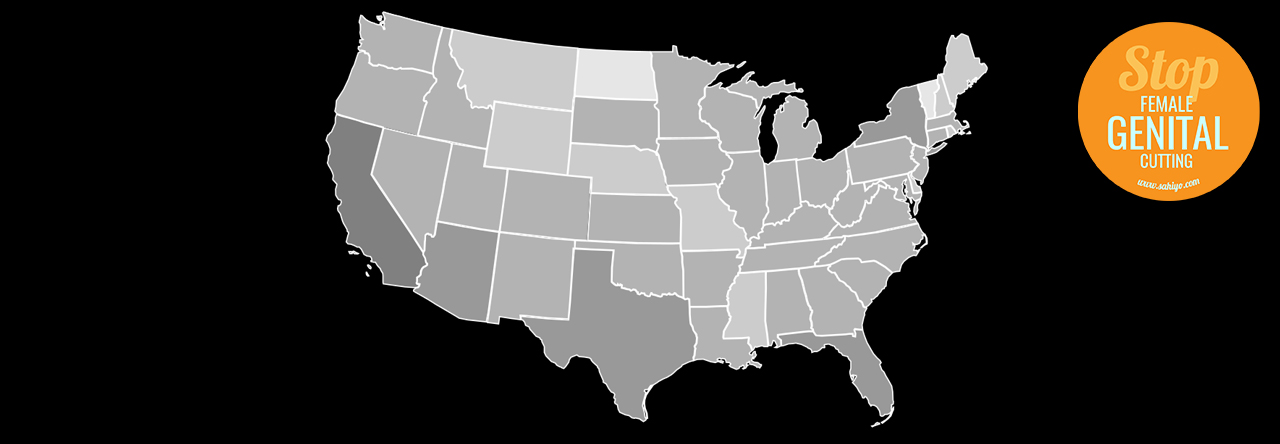(First published on January 6, 2016)
by Anonymous
Age: 30
Country: United States
I was not more than seven years old when I recall going into a medical complex on a quiet Sunday afternoon accompanied by my mother and our family friend. My mother told me it was time for my “khatna” or circumcision. She explained it as a rite of passage, something all the little girls in our Dawoodi Bohra community had to do. I remember feeling scared but I didn’t know exactly why. I just had a feeling something terrible was about to happen to me as our friend unlocked the building with her keys and we continued into her desolate practice. We went into one of the brightly colored rooms where alphabet wallpaper boarded me in. I started crying before it even happened while she crooned, “all I’m going to do is remove a liiiitle piece of skin.” Totally exposed, I was asked to relax and read the wallpapered alphabet backward. My mother helped hold me still while I was flat on my back and in hysterics. The snip which took maybe half a second was followed by a sharp-shooting pain that seemed to last in that moment, for eternity. I bled for three days and then it was over.
It wasn’t until I was nineteen, the end of my freshman year in college that I stumbled upon an article from one of my classes, describing the experience of a woman who had been a victim of FGM, or female genital mutilation. After reading the article once, I was immediately reminded of that Sunday afternoon twelve years prior. There was no way the same thing could have been done to me. My seven-year-old perspective of a little piece of skin being removed was analogous to that of a piece of skin from the top layer of the palm of a hand. My cousin used to stick a needle through that top layer and tell me it was magic that the needle was sticking there. She eventually revealed her secret and showed me the protective top layer that separated her hand from the skin. I guess like that layer, I always figured it would grow back. Still, the feeling of uncertainty drove me to call a couple of peers and academics in my community to ask whether our “khatna” was in fact, a partial removal of my clitoris. Their answer confirmed the worst of my fears. My next concern of “how much?” tormented me, and after a frantic visit to the school nurse, I got my answer: “There’s only a remnant left,” said the nurse practitioner who examined me.
***
I don’t believe my discovery was adequately addressed the first time as the rest of my college experience was consumed by bouts of grief, rage, frustration, insecurity, and depression. My feelings only grew stronger as I got older and had more encounters with the opposite sex. My overcompensating, defensive attitude permeated all aspects of my life—friends, family, work, and academics. It wasn’t until my mid-20s when I shared with my gynecologist during a routine visit what happened to me, that I was given three names of specialized therapists in the area with whom I could speak about my concerns. My insurance provider at the time would not cover therapy. Fortunately, one of three therapists agreed to see me for a discounted out-of-pocket fee because she was interested in my case.
To this day, I am so grateful for the opportunity I had to talk through what happened to me in a safe space as such resources and treatment were unavailable to me at home or in my community. I learned it was ok to talk about sex, explore my sexuality, and sexual feelings. I was even prescribed homework to assist me in doing so. At the time of the therapy, I had been sexually active and my partner, who was incredibly supportive, was also invited to participate in one of my sessions. When growing up, I never thought I would have sex before marriage. The idea behind the circumcision was to curb any sexual appetite I might have. Ironically, once I learned this had happened, I wanted nothing more than to have sex to see what my capabilities were. While I was incredibly nervous and insecure about having sex, I was more open to losing my virginity in the context of a serious relationship, which is how it happened for me.
One of my main insecurities about sex was that I felt like I was driving without the headlights on. Often times, I didn’t know where to go or how to guide my driver. I felt like a failure. To this day, I still have not experienced orgasm. While sex is enjoyable for me and I could describe what I can achieve as a “mini-climax”, I am bothered by the fact that I may never get to experience this wonderful part of life. While it’s no secret many women who have not been “circumcised” struggle with the same issues, a part of me will always wonder if that would have been true for me had this not happened. I will never know.

